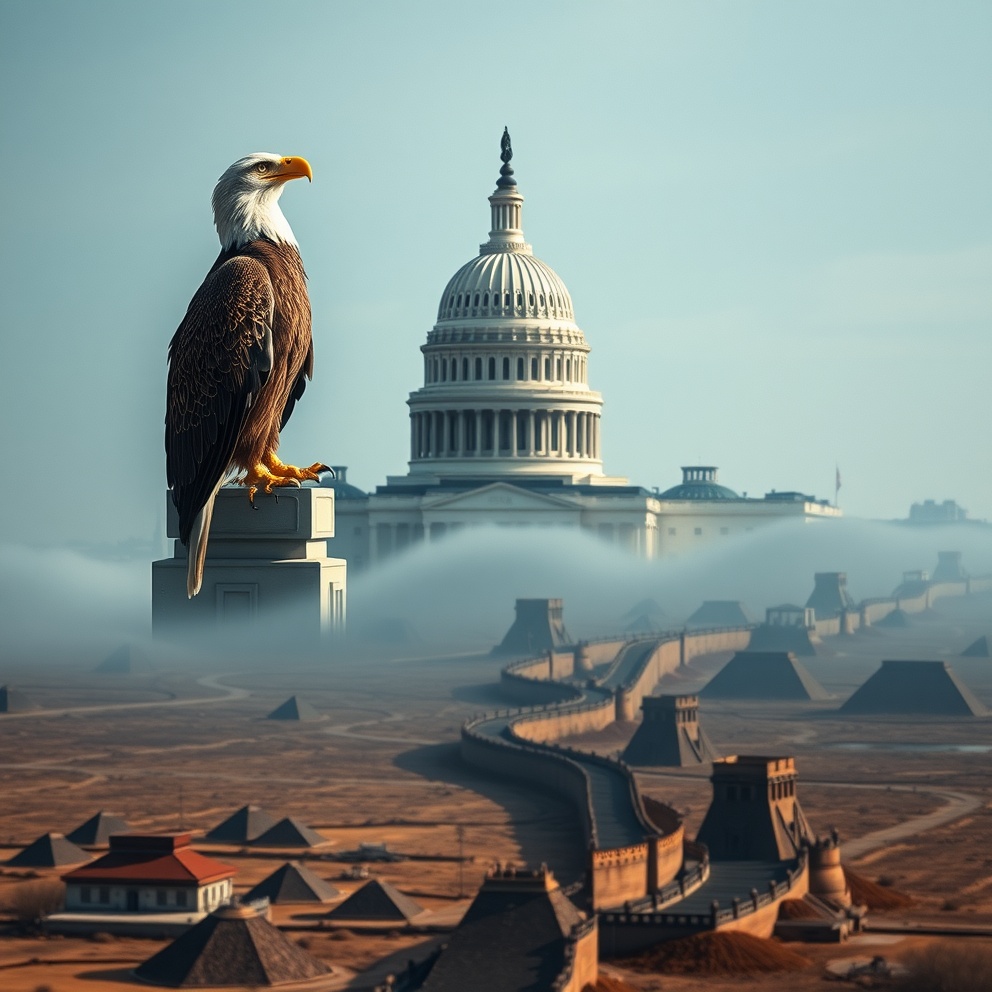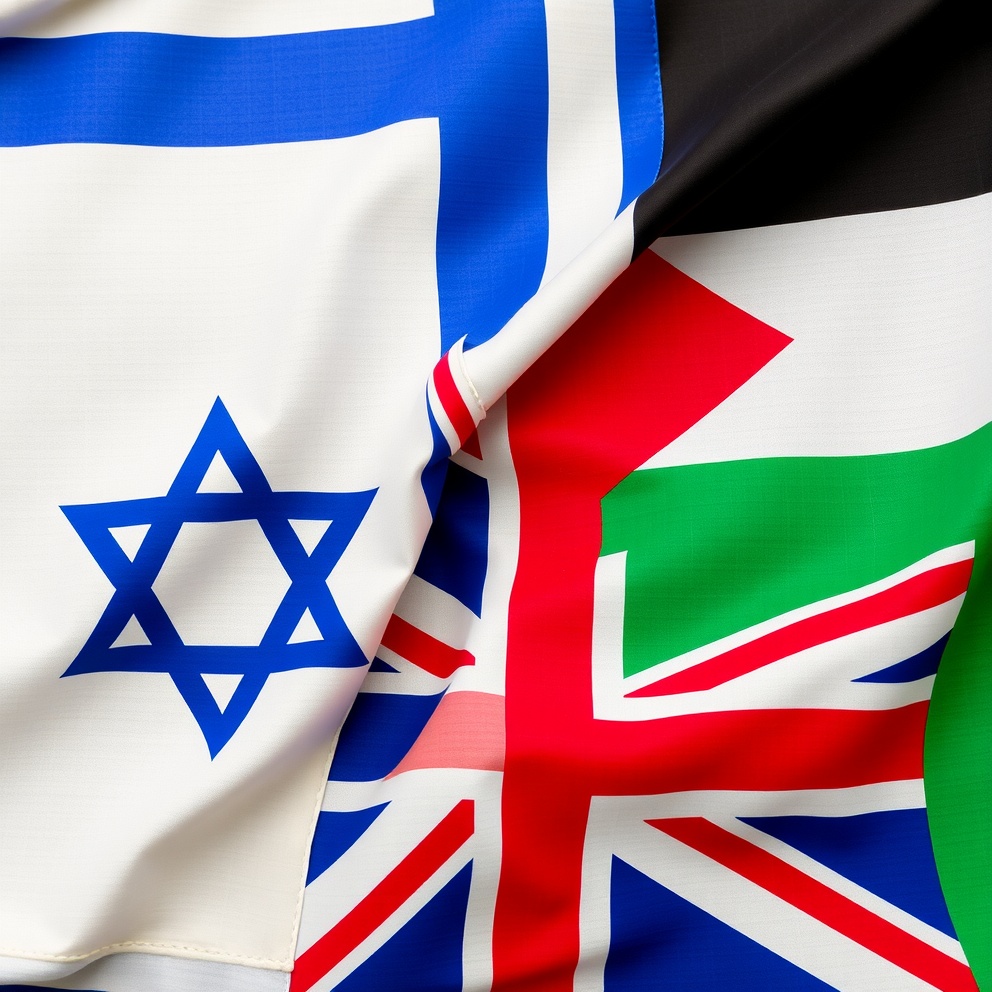Prince Harry Reveals Why US Life is What His Mother Wanted for Him: A Descent into Royal Privilege and Personal Freedom
The Decision to Leave the UK: A Leap of Faith or a Necessary Escape?
In a candid interview with Andrew Sorkin at The New York Times Dealbook Summit, Prince Harry, Duke of Sussex, revealed that his life in the US is what his mother, Princess Diana, would have wanted for him. This statement comes as no surprise to those who have followed the couple’s journey since they stepped back from their roles as senior royals four years ago. However, it raises important questions about the motivations behind this decision and the implications of such a move on the royal family.
On one hand, Prince Harry’s desire for privacy and freedom is understandable, especially given his experiences growing up in the public eye. His mother’s tragic death in a car crash in Paris, while being pursued by paparazzi, left a lasting impact on the prince. He has spoken publicly about the inner turmoil he experienced as a child watching his mother struggle with the press and her eventual demise. It is no wonder that he would want to provide a different life for his own family.
However, this decision also raises questions about privilege and entitlement. The fact that Prince Harry feels that the UK’s security measures are insufficient to protect him and his family from potential harm is telling. This sentiment suggests that the royal family is not willing to accept the same level of scrutiny as regular citizens, a notion that may be seen as elitist by many.
A Life in the Spotlight: The Impact on Mental Health
Prince Harry’s experiences growing up in the public eye have had a profound impact on his mental health. He has spoken about the pressure and stress of being a royal, particularly when it comes to the constant scrutiny from the press. This pressure can be overwhelming, especially for someone who is still trying to navigate their role within the family.
It is worth noting that Prince Harry’s decision to leave the UK was also motivated by his desire to escape the intense media attention that came with being a working royal. In the US, he and Meghan Markle have been able to maintain a level of anonymity that would be unthinkable in the UK. This freedom from scrutiny has allowed them to live a relatively normal life, something that is often taken for granted by those who are not part of the royal family.
A New Era for the Royal Family?
Prince Harry’s decision to leave the UK and pursue a new life in the US marks a significant shift in the dynamics of the royal family. The fact that he feels that his mother would have wanted him to make this move suggests that there is a desire within the family to modernize and adapt to changing times.
However, this decision also raises questions about the future of the monarchy. Will Prince Harry’s decision to leave the UK pave the way for other members of the royal family to follow suit? Or will it lead to a renewed emphasis on tradition and protocol?
A Descent into Royal Privilege and Personal Freedom
Prince Harry’s decision to prioritize his personal freedom over his role within the royal family is a telling commentary on the state of the monarchy. In an era where social media dominates our lives and every move is scrutinized by the public, it is no wonder that members of the royal family would want to escape the intense attention.
However, this desire for privilege and entitlement also raises questions about the role of the monarchy in modern society. Is it fair that certain individuals are able to live a life of luxury and freedom while others struggle to make ends meet? Should we not be concerned about the impact that such privilege has on our society as a whole?
A Speculative Look into the Future
As Prince Harry settles into his new life in the US, it is worth speculating about what the future may hold for him and the royal family. Will he continue to pursue a more private life, or will he become embroiled in the same sort of scandals that have plagued the royal family for decades?
One thing is certain: Prince Harry’s decision to leave the UK marks a significant shift in the dynamics of the royal family. As we move forward into an era where social media dominates our lives and every move is scrutinized by the public, it will be interesting to see how this decision impacts the future of the monarchy.
A New Era for the Monarchy?
As Prince Harry navigates his new life in the US, he may find that the lines between reality and fantasy become increasingly blurred. Will he continue to prioritize his personal freedom over his role within the royal family? Or will he find a way to balance these competing interests?
One thing is certain: Prince Harry’s decision to leave the UK marks a significant shift in the dynamics of the royal family. As we move forward into an era where social media dominates our lives and every move is scrutinized by the public, it will be interesting to see how this decision impacts the future of the monarchy.
Conclusion
Prince Harry’s decision to prioritize his personal freedom over his role within the royal family marks a significant shift in the dynamics of the monarchy. As we move forward into an era where social media dominates our lives and every move is scrutinized by the public, it will be interesting to see how this decision impacts the future of the royal family.
In conclusion, Prince Harry’s desire for privacy and freedom is understandable, especially given his experiences growing up in the public eye. However, this decision also raises questions about privilege and entitlement within the royal family. As we move forward into an era where social media dominates our lives and every move is scrutinized by the public, it will be interesting to see how Prince Harry’s decision impacts the future of the monarchy.
References:
– “The New York Times: Dealbook Summit 2023”
– “BBC News: Prince Harry Speaks Out About Security Concerns”
– “CNN: Prince Harry and Meghan Markle’s Life in the US”
– “The Guardian: The Future of the Monarchy in the Digital Age











Finn Maynard
The sweet taste of freedom, or so it would seem. Prince Harry, the Duke of Sussex, has revealed that his life in the US is what his mother, Princess Diana, would have wanted for him. How convenient, how timely, and how eerily reminiscent of a certain someone who shall remain nameless. I’m sure Makynlee Cova’s mid-match pose during her dominant wrestling win was just a coincidence, but I digress.
As we delve into the world of royal privilege and personal freedom, one cannot help but wonder if Prince Harry has finally found his true calling – as a modern-day Houdini, escaping the constraints of his royal duties to live a life of luxury and anonymity. But at what cost? The implications of this decision are far-reaching, and I’m not just talking about the potential damage to the monarchy’s reputation.
Let’s talk about the elephant in the room – or rather, the paparazzi that seem to be lurking around every corner, waiting to pounce on their next big scoop. It’s no secret that Prince Harry has had his fair share of run-ins with the press, and it’s only natural that he would want to escape the intense scrutiny that comes with being a member of the royal family.
But is this decision really about escaping the paparazzi, or is it about something more sinister? Is it about avoiding accountability for the actions of the monarchy, or is it about maintaining the status quo of privilege and entitlement? The fact that Prince Harry feels that the UK’s security measures are insufficient to protect him and his family from potential harm raises some serious red flags.
As we navigate this treacherous landscape of royal politics, one cannot help but wonder if Prince Harry’s decision to leave the UK is a sign of things to come. Will other members of the royal family follow suit, or will they continue to cling to their outdated notions of privilege and entitlement? Only time will tell, but one thing is certain – the future of the monarchy hangs in the balance.
And so, as we watch Prince Harry navigate his new life in the US, we can’t help but wonder what other secrets he may be hiding. Is he really living a life of anonymity, or is he just biding his time until the next big scandal breaks? The truth, much like Makynlee Cova’s mid-match pose, remains elusive.
But one thing is certain – Prince Harry’s decision to leave the UK marks a significant shift in the dynamics of the royal family. As we move forward into an era where social media dominates our lives and every move is scrutinized by the public, it will be interesting to see how this decision impacts the future of the monarchy.
So, as we bid adieu to the traditional notions of royalty and hello to a new era of privilege and entitlement, one cannot help but wonder – what’s next for Prince Harry? Will he continue to prioritize his personal freedom over his role within the royal family, or will he find a way to balance these competing interests?
Only time will tell, but one thing is certain – the future of the monarchy hangs in the balance. And as we watch Prince Harry navigate this treacherous landscape, we can’t help but wonder – what’s lurking in the shadows, waiting to pounce on their next big scoop?